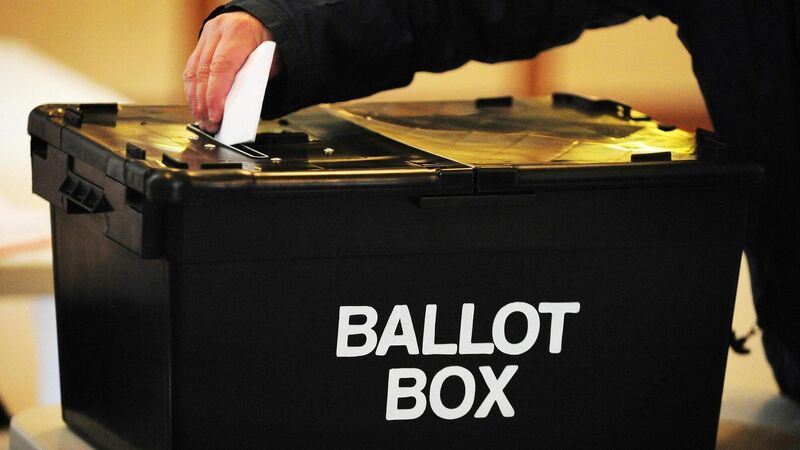Be honest with the electorate: Why truth and integrity must lead this election

As this election season unfolds, the potential for AI-driven disinformation may only increase.
As the drumbeat to an impending general election grows louder, the country stands at a pivotal moment. Party leaders are fine-tuning their manifestos, strategists are shaping campaign narratives, and the electorate, weary of global crises and domestic uncertainty, braces itself for another cycle of political promises.
But amidst the flurry of electioneering, one thing must remain clear: this election cannot be about tactics, manipulation, or misleading rhetoric.
















